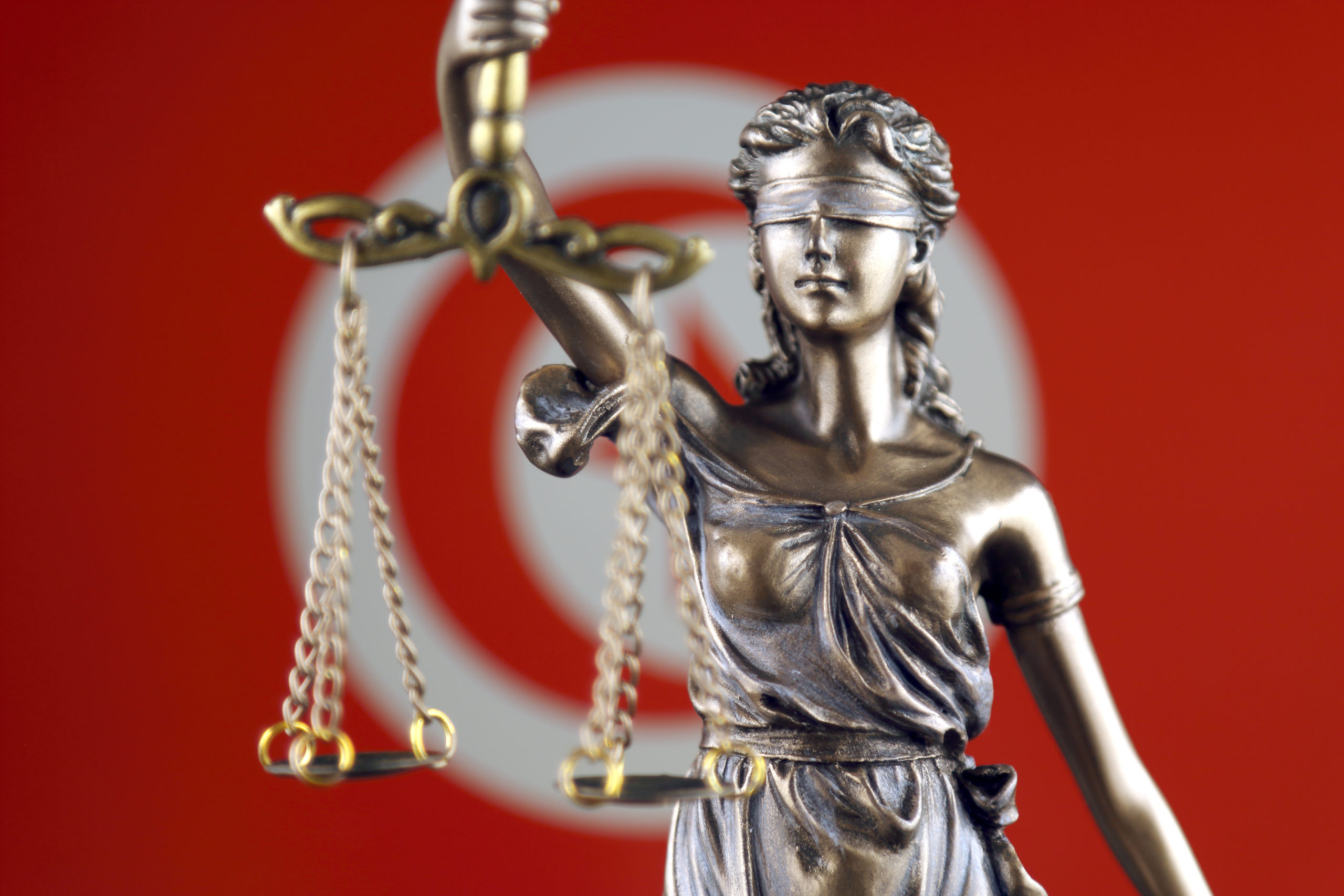The ICJ condemns the latest round of arrests, the ban on opposition political party meetings and the shutdown of their offices, and calls on the Tunisian authorities to end their rampant crackdown on peaceful dissent.
يمكنكم قراءة وتحميل البيان باللغة العربية عبر هذ الرابط
On 17 April 2023, the Tunisian authorities arrested Rached Ghannouchi, leader of the opposition political party El-Nahdha and speaker of the dissolved Parliament.
Ghannouchi was arrested at his home, which was raided and searched by dozens of police officers, according to family members. Hours after his arrest, police raided the El-Nahdha party headquarters in Tunis where they also arrested three other party leaders: Mohamed Goumani, Belgacem Hassen and Mohamed Cheniba without informing them about the grounds for their arrest or where they were being taken. In addition, the police searched the premises after evacuating anyone else present.
The detainee’s lawyers have not been allowed access to their clients, let alone to assist them during police questioning.
“The authorities are intensifying their unlawful crackdown on all forms of legitimate dissent through arbitrary arrest and increasingly politicized prosecutions,” said Said Benarbia, ICJ MENA director. “Unless those arrested and detained are promptly charged with internationally recognizably criminal offences, based on admissible evidence, they must be immediately and unconditionally released.”
In a statement to the Tunisian official news agency on the evening of 18 April, the spokesperson of the National Guard declared that the Public Prosecutor at the Tunis First Instance Court mandated the police Division for Combating Cyber-Criminality to investigate the statements made by Ghannouchi, presumably on 15 April, which “fall under the criminalized acts of committing assault with the intention of changing the form of State”. The spokesmen’s statement also confirmed that four other El-Nahdha members have been detained as part of the same case.
On the same day, the Tunisian authorities banned meetings at all offices of the EL-Nahdha party in the country and shut down the headquarters of the Salvation Front opposition coalition, which includes El-Nahdha. According to a leaked document, seemingly signed by the Minister of Interior, and published on social media, the ban is based on a legislation on the state of emergency dating back to 1978. A “state of emergency” has been declared and regularly renewed without interruption in Tunisia since 2015.
“Abusing emergency decrees to crackdown on political opposition brings Tunisia back to its recent past of rampant authoritarianism,” said Said Benarbia, ICJ MENA director. “Any restrictions on the right to freedom of assembly must fully comply with Tunisia’s obligations under international law.”
Since last February, the arrests of political opponents and dissidents have increased at an alarming rate. A judicial investigation is underway under “anti-terrorism” legislation against dozens of people, including lawyers, political opposition leaders, judges, human rights defenders, journalists and businessmen accused of “conspiring against State security” without any evidence. Nine political opposition leaders, including lawyers Lazhar Akermi, Ridha Bel Haj and Ghazi Chaouachi, a journalist and a businessmen have been detained arbitrarily since mid-February in the same case.
Ghanouchi, Goumani, Hassan and Cheniba are the latest members of El-Nahdha to be arrested. At least seven other party members have been in detention for a number of months, including former Prime Minister and vice president of the party, Ali Larayedh, who has been in pre-trial detention since December 2022 and Noureddine EL Bhiri, former Minister of Justice, who has been in pre-trial detention since his arrest on 13 February.
“Instead of abusing the criminal process to silence dissent and free speech, the authorities must restore the democratic order that allowed Tunisians to exercise their rights, including the right to participate in public affairs, without fear of reprisal.” concluded Said Benarbia.





